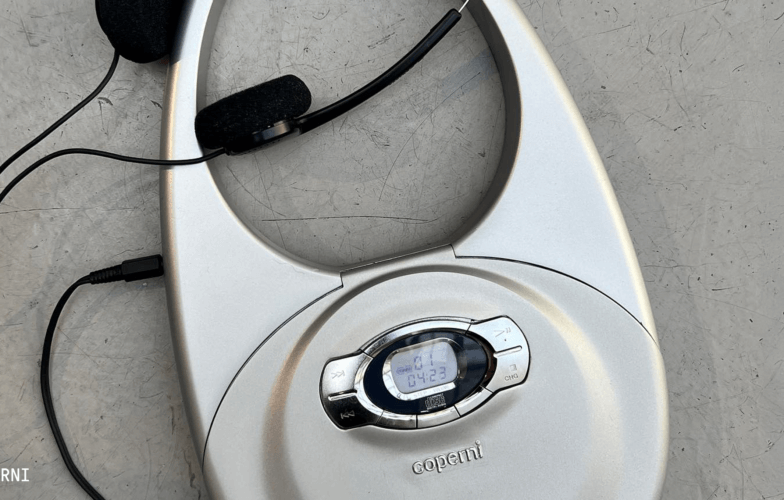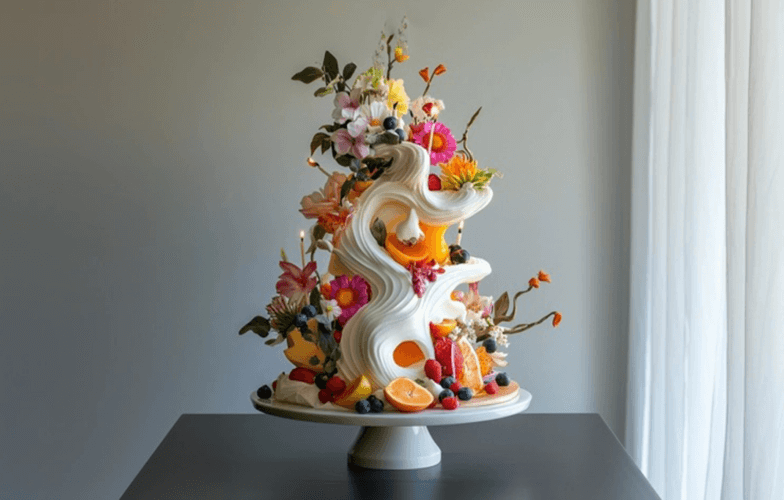
NellyRodi in Korea : Mihye Park testifies.
InterviewsWho are our clients in Korea?
NellyRodi has started business in Korea since the early 1990s and has accumulated priceless expertise in the Korean market.
Most of the companies that lead the market in fashion, beauty, interior design, electronics and the chemical industry in Korea are our customers. Notable customers include Samsung, LG, Amore Pacific, Hyundai, SK, Hyosung, CJ, E-Land, FURSYS and KCC Group. I am very proud to contribute to their development as a local agent of NellyRodi.
How did the 19th Covid crisis affect Korea's creative business?
Korea also couldn’t avoid the Covid-19 pandemic. From the early days of the pandemic, with the national regulation of wearing face masks and through quarantine measures, Korea did not come to a full stop. However, most of the industries were impacted negatively, and the creative industry was particularly affected. Fortunately, Koreans responded, with agility.
Companies were quickly restructured, focusing on efficiency, and accelerated the digital transformation. Many of the online channels have been opened or strengthened, and most of them have been specifically tailored to Millennials and Generation Z.
A new online brand, 10MONTH, is based on the idea of proposing seasonless apparel that can be worn for 10 months. Optimal designs are analyzed with data and the patterns are made by expert tailors.
A fashion platform, Musinsa, emerged as a strong retail powerhouse and launched their private brand of casual wear, Musinsa Standard.
Increasing responsibility for environmental, social and governance (ESG) factors, Hyosung TNC, a global chemical fiber company, expanded its supply of fibers from recycled plastic bottles while developing anti-viral fibers. RE;CODE, which upcycles deadstock fabric, has been regarded as a niche brand but is getting more attention from the public. It collaborated with Nike recently.
Unfortunately, the offline market is still struggling. However, new attempts are visible. Gentle Monster Dosan House, which opened on February 14th, is an art gallery, not a shopping center, with Gentle Monster glasses, Tamburins cosmetics, and a dessert café, Nudake, in a 5-story building. “The Hyundai Seoul”, which opened on February 26th and refused to use the words “department store” to differentiate itself, is becoming a landmark in Seoul. It was designed to look like a large botanical garden rather than a shopping space with a total area of 88,100 square meters. Arket opened its first flagship store in Asia there. Richard Rogers, an architect of Pompiou Center in Paris, participated for the initial design.
Une plateforme multimarque “Musinsa” s’est également rapidement imposée sur le marché et a lancé avec succès sa marque propre de vêtements casual “Musinsa Standard”.
Renforçant sa responsabilité à l’égard des facteurs environnementaux, sociaux et de gouvernance (ESG°, “Hyosung TNC”, une entreprise leader mondial des fibres chimiques, a étendu son approvisionnement en fibres provenant de bouteilles en plastique recyclées, tout en développant des fibres antivirales. Autre exemple de l’intérêt d’une envie de réconcilier mode et développement durable, la marque “RE;CODE” qui recycle des stocks tissus inutilisés, attire de plus en plus l’attention du public. Elle a récemment collaboré avec Nike.
Malheureusement, le retail physique est toujours en difficulté. Mais de nouvelles tentatives de résurrection font jour.
Par exemple, “Gentle Monster Dosan House”, qui a ouvert le 14 février dernier, se présente comme une galerie d’art, et non un centre commercial, avec des lunettes Gentle Monster, des cosmétiques Tamburins, et un café Nudake dans un superbe bâtiment de 5 étages.
Autre exemple, “The Hyundai Seoul”, a ouvert le 26 février et a refusé d’utiliser les mots “grand magasin” pour se différencier de ses confrères plus traditionnels. Ce nouvel espace est en train de devenir une destination incontournable à Séoul. Il a été conçu pour ressembler à un grand jardin botanique plutôt qu’à un espace commercial, avec une superficie totale de 88 100 mètres carrés. Arket y a d’ailleurs ouvert son premier magasin phare en Asie, et Richard Rogers (architecte du Centre Pompidou à Paris) a participé à la conception initiale du point de vente.
Why are luxury brands recording growth in Korea despite the crisis?
Koreans appreciate quality, craftsmanship and innovation and they like luxury brands that can satisfy their tastes. Also Korea is a very important country geopolitically for luxury brands. All major brands not only run symbolic flagship stores in Korea, but they also often chose Korea first in Asia when they have a new product launch party.
I chose two main reasons for the positive growth of luxury goods in Korea, even during the pandemic crisis.
First, due to the travel ban, consumers who purchased luxury goods overseas returned to Korea. Newlyweds are one of them. Some newlyweds had a tendency to buy luxury goods as wedding gifts on their honeymoon trips abroad. On other hand, luxury goods are recognized as an item worth investment. Luxury vintages are highly priced in Korea.
Second, the opportunities of online marketing of luxury brands has increased greatly, thanks to their digital transformation. The reinforcement of their online shopping channels and their exposure through SNS are having a significant impact on Koreans. Korea’s digital competitiveness is ranked in the top 10 in the world, and the distribution rate of smartphone is over 90 percent. Burberry, Gucci, Dior, Prada, Tiffany, Montblanc, and other major luxury brands have started Kakao Talk -a popular Korean messaging service- for gift buying, and it makes it possible for consumers to purchase goods with one click during a chat.



